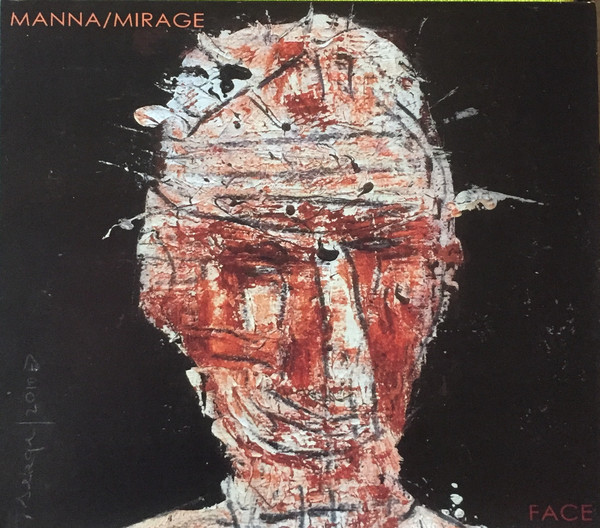
Any review of Manna/Mirage is going to look back to The Muffins, the Canterbury influenced quartet founded by Dave Newhouse (keyboards, reeds), Billy Swan (bass) and Michael Zentner (guitar, violin) all the way back in 1973. Named after The Muffins’ debut album, Manna/Mirage released their debut in 2015 with Dave being joined by Billy and Paul Sears from the line-up which released 2012’s ‘Mother Tongue’. However, for the 2018 ‘Rest of the World’ it was now just Dave with additional musicians, many of whom have continued through to this their third album.
Dave provides keyboards, woodwinds, and saxophones on this release, and apart from the final song everything on the album is instrumental. Dave is renowned for providing Canterbury-influenced progressive rock for well over 40 years and he is showing no sign at all of changing now. He can also be found working in The Moon Men with Jerry King, who is one of the returning musicians, providing bass and other instruments. Musically this sounds like a mix of Henry Cow, Caravan, Soft Machine, Zappa and even Can, heading deep into the avant-garde to create something where there may be repeated melody, or there may not. It may contain delicate keyboards, or it may not. The woodwind may be taking the lead, or guess what? It may not. The result is a musical journey where one is never quite sure where the end is going to be, but it is always way more interesting to follow a road less travelled than the highway everyone else uses. It may take longer, but in the end, it is always more fulfilling, and life is all about the journey. This is an album which should only be played when the listener really has the time to fully immerse themselves, to focus intently on the music, preferably by playing it on headphones.
It is hard to pick a favourite, as each song is as intriguing as the next, but I am glad that “Fly Away” is at the end of the album as it is so very different indeed to what has gone before, with swirling piano and delicate vocals. In many ways it is out of place with what has gone before, which also makes it a perfect ending, as it is this lack of conformity throughout the album which makes it such a delight. This conforms most strongly with numbers which could be viewed as commercial, and therefore is a massive contrast to everything else, so therefore fits the overall rationale of the album, if that makes sense. This is something which all lovers of Canterbury-style Prog need to discover at once, if not sooner.
Kev Rowland 8/10


